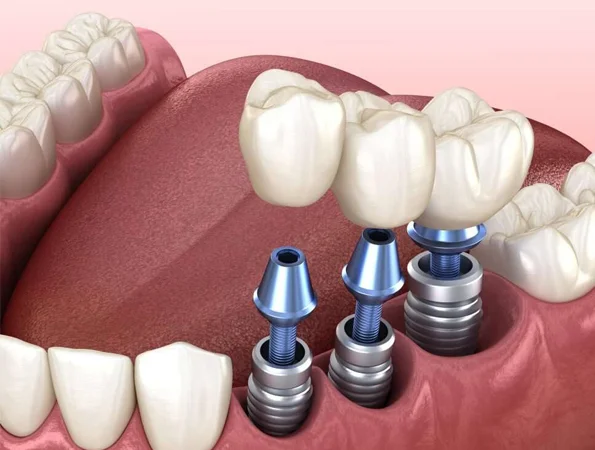
Custom Dental Implants at Village Family Dentistry
Why Dental Implants Are Necessary?
What Happens During An Implant Consultation With Our Dentist?
Evaluation and Consultation: Our dentist will review your dental and medical history, perform a thorough oral examination, and discuss your objectives and concerns about dental implants Farmington Hills. This assessment helps determine if implants are suitable for you.
Treatment Planning: After the evaluation, we'll create a personalized treatment plan tailored to your needs. This plan will specify the number of implants required, any preparatory procedures like bone grafting, and the overall timeline for your treatment.
Imaging and Impressions: To ensure precise implant placement, we use advanced imaging techniques such as X-rays or CT scans to evaluate bone density and identify the best locations for the implants. We may also take impressions of your teeth to help design custom restorations.
Education and Consent: We will provide a detailed explanation of the implant procedure, including the benefits, as well as dental implant complications and risks. You’ll have the chance to ask questions and give informed consent before we proceed with your treatment.
Which Type of Dental Implant is Suitable for Me?
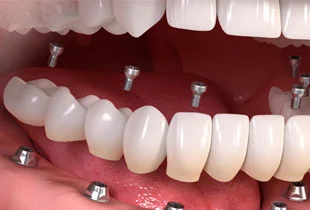
Full Mouth Implants
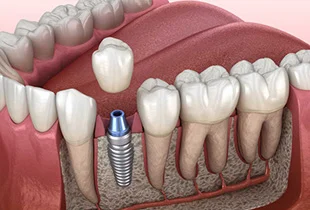
Single Tooth Implants
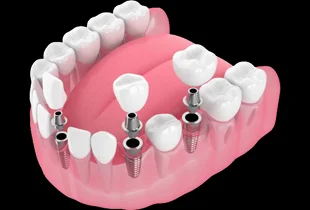
Multiple Tooth Dental Implants
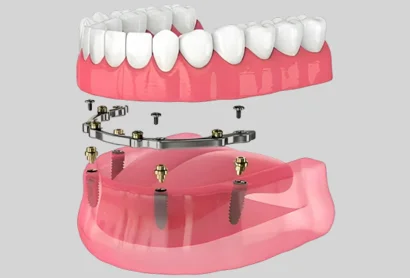
Implant Supported Dentures
The Implant Placement Process
1
Initial Consultation and Treatment Planning:
2
Surgical Placement of Implant Fixture:
3
Healing and Osseointegration:
4
Placement of Abutment and Restoration:
Post-Op Care for Dental Implants
Post-Surgery Diet: Stick to soft foods like yogurt, ice cream, and warm soups. Avoid hard or sharp foods that could irritate your gums.
Care for the Surgical Site: We’ll provide gauze to manage any bleeding and recommend a medicated rinse or saltwater rinse to keep your gums clean. Gently brush your remaining teeth, avoiding irritation to the surgical area.
Returning to Work: Expect some soreness and swelling for 3-5 days. Scheduling your procedure near the end of the week can help you use the weekend for recovery and return to work by Tuesday.
Post-Surgery Appearance: Your face may be swollen initially, but the specific surgery will not be noticeable. A temporary denture can help maintain your smile's appearance while waiting for the final crown.
Recovery After Tooth Placement: Once the implant integrates with your jawbone, attaching the dental crown is straightforward with minimal discomfort. Any gum sensitivity can be managed with ibuprofen, and recovery from this phase is usually quick.
Dental Implants FAQs
New patients and emergency appointments welcome


